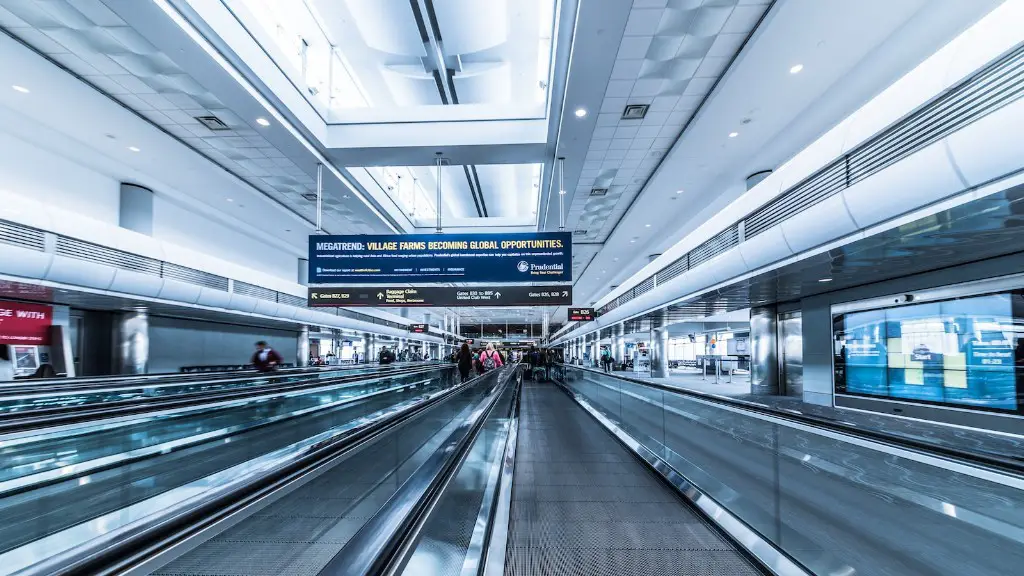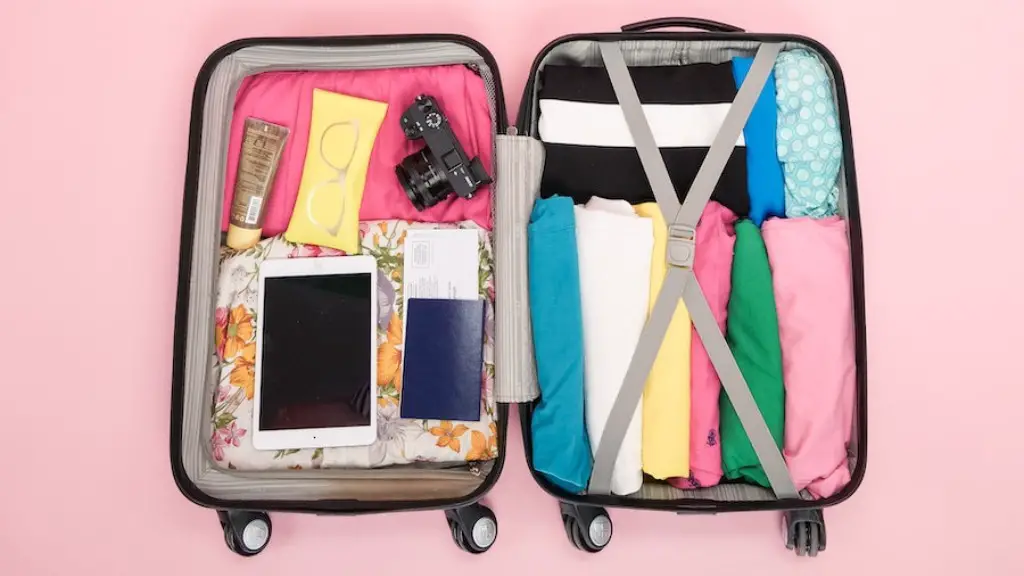No one ever expects to get caught in a snow storm while on vacation, but it can happen. And if it does, you want to be sure you’re covered. Travel insurance policies vary, so it’s important to read the fine print to see what is and isn’t covered. In general, most travel insurance policies will cover weather-related delays and cancellations. This can include things like your flight being cancelled due to a snow storm, or being stuck in a hotel because of a blizzard. But there are usually limits on how much the policy will pay out, so it’s important to know what you’re covered for.
Yes, travel insurance usually covers snow storms.
Does travel insurance cover snow?
If your travel plans are disrupted by severe weather, you may be covered by travel insurance. Check your policy to see if you are covered for trip cancellation due to weather-related reasons.
If you’re planning to travel, it’s important to know what your travel insurance policy covers. Allianz Global Assistance, a travel insurance provider, states that “Trip cancellations and trip interruptions due to known, foreseeable, or expected events, epidemics, or fear of travel are generally not covered.” This means that if you cancel your trip due to something that was already happening or expected to happen, you likely won’t be reimbursed by your travel insurance. Be sure to read the fine print of your policy before you buy to know exactly what is and isn’t covered.
Does travel insurance cover weather delays and cancellations
If your flight is delayed, you may be covered by your travel insurance. Comprehensive travel insurance typically covers canceled flights that delay your trip for at least 3–12 hours. If your flight is delayed more than 12 hours, you may even qualify for trip cancellation coverage, depending on your plan.
If you’re planning a trip and are worried about getting sick before you leave, you can purchase travel insurance with Trip Cancellation coverage. This type of insurance will cover you if you, a traveling companion or family member come down with an illness before your trip and an in-person visit to a doctor certifies that you’re too sick to travel. This coverage can give you peace of mind knowing that you’ll be reimbursed for any non-refundable trip expenses if you have to cancel your trip due to illness.
What happens if my flight is Cancelled because of snow?
In the United States, travelers have shockingly few rights. The only right travelers have is if their airline cancels their flight, they can cancel their reservation and get a full refund. This includes when weather is the cause of the disruption.
If you’re planning to travel, it’s a good idea to purchase travel insurance in case you need to cancel your trip due to a natural disaster. Travel insurance will generally only provide cover for cancellation expenses if you’re physically unable to reach your destination, or the destination is considered too dangerous or uninhabitable.
What gets covered in travel insurance?
We all know that feeling of excitement when we book a trip. Whether we’re going on a sunny beach vacation or a chilly ski getaway, we can’t wait to jump on a plane and escape the everyday grind. But before you jet off, have you thought about getting travel insurance?
A lot of people believe that their regular health insurance or credit card will cover them while they’re abroad, but that’s not always the case. Travel insurance is a type of insurance that covers different risks while travelling, from medical expenses to lost luggage to flight cancellations. It’s always a good idea to have in case of an emergency.
Before you purchase a travel insurance policy, make sure to do your research and understand what it covers. Different policies will cover different risks, so you’ll want to make sure you’re getting the right one for your needs. But once you have a policy in place, you can rest assured knowing that you’re protected in case of any mishaps while you’re away.
A comprehensive travel insurance policy is a policy that covers a wide range of potential problems that could occur while traveling. This can include things like delays, cancellations due to sickness or death, lost luggage, and some emergency medical costs. This type of policy is often a good idea for those who are traveling to multiple destinations, or for those who are going on longer trips.
What can be claimed on travel insurance
If any of the above occur, please contact your insurance company as soon as possible. Failure to do so may result in your claim being rejected.
If you need to interrupt your trip for a covered reason, Trip Interruption can reimburse your unused trip costs. The most common covered reason is unforeseen illness, injury, or death of the traveler, a traveling companion, or a non-traveling family member.
Do airlines reimburse for weather?
If you are unable to fly due to severe weather conditions, you are not entitled to compensation. This is because weather conditions are considered an extraordinary circumstance.
No There are no federal laws requiring airlines to provide passengers with money or other compensation when their flights are delayed. However, some airlines have voluntarily adopted policies to provide passengers with some form of compensation when their flights are delayed. It is always a good idea to check with your airline to see if they have such a policy in place.
What to do if you get a cold while traveling
It’s very important to cover your mouth and nose when you cough or sneeze, in order to prevent the spread of germs. If you’re around people who are sick, try to avoid contact with them. And if you do happen to get sick while travelling, stay in your accommodation unless you need medical care.
The CDC find traveling by air if you have certain health conditions to be a risk. They recommend that you not travel by air if you are experiencing chest pain, severe ear, sinus or nose infections, or severe chronic respiratory diseases.
Does travel insurance exclude pre existing conditions?
When buying travel insurance, you’ll need to declare all existing medical conditions. If you’re not sure whether to declare, it’s important not to assume it’s covered. Always ask your insurance provider, otherwise you risk any claim you need to make being rejected.
The main threat to flight safety during snowy conditions is contamination on the flying surfaces. The design of the wings is so advanced that any snow or ice on the surface can massively affect the aircraft’s performance. To create lift and climb away from the runway, the aircraft requires airflow over the wing.
Do airports cancel flights for snow
If you have flight reservations when snow is forecast, please consider the following tips:
-In the early stages of a winter storm, airlines may pre-cancel flights to move planes away from storm-affected areas
-Closely monitor your flight status using your airline’s website or mobile app
While airports do have the necessary equipment to remove snow, it is typically not the primary reason for flight delays or cancellations. More often, it is because of heavy snow storms that can make landing or taking off impossible. Other than that, a sudden snowstorm can cause all sorts of delays: planes have to wait for the runways to be cleared, de-iced, etc.
Final Words
Yes, travel insurance can cover snow storms depending on the policy. It is always best to check with the insurer to see what is covered under the policy.
The answer to this question depends on the specific travel insurance policy that you have. Some policies may cover natural disasters such as snow storms, while others may not. It is important to read the fine print of your policy to see what is covered.





